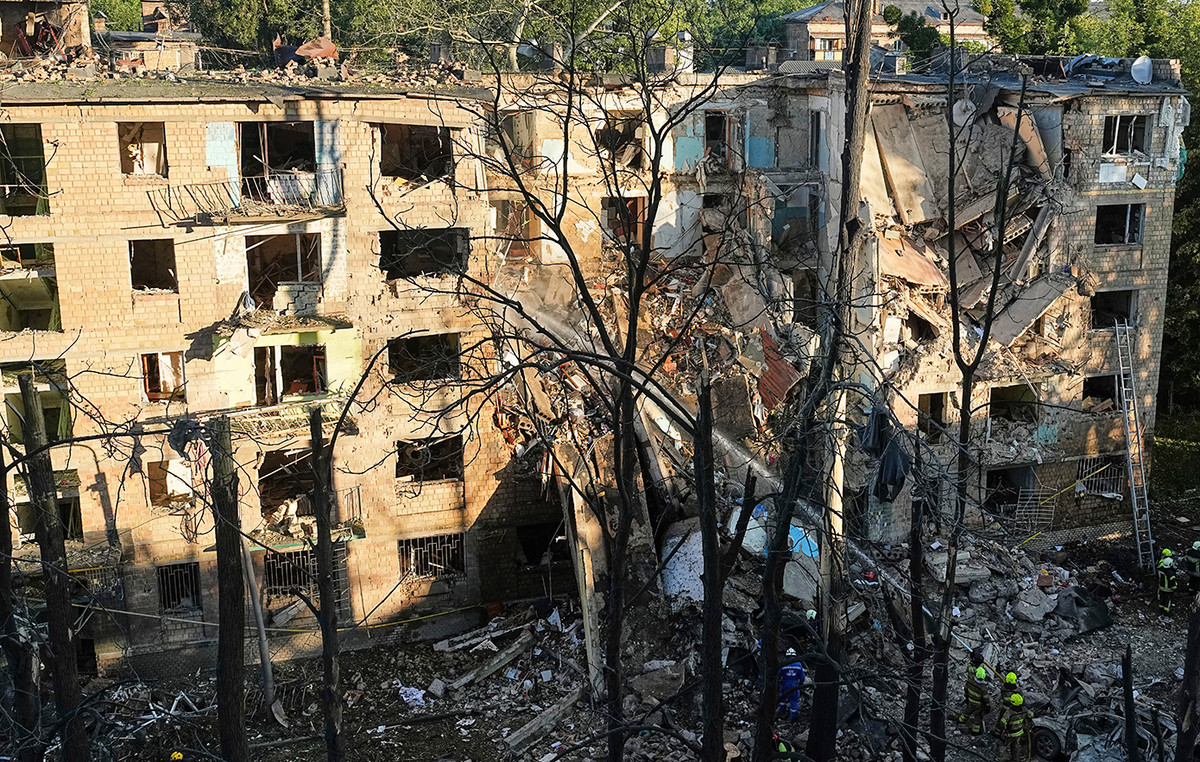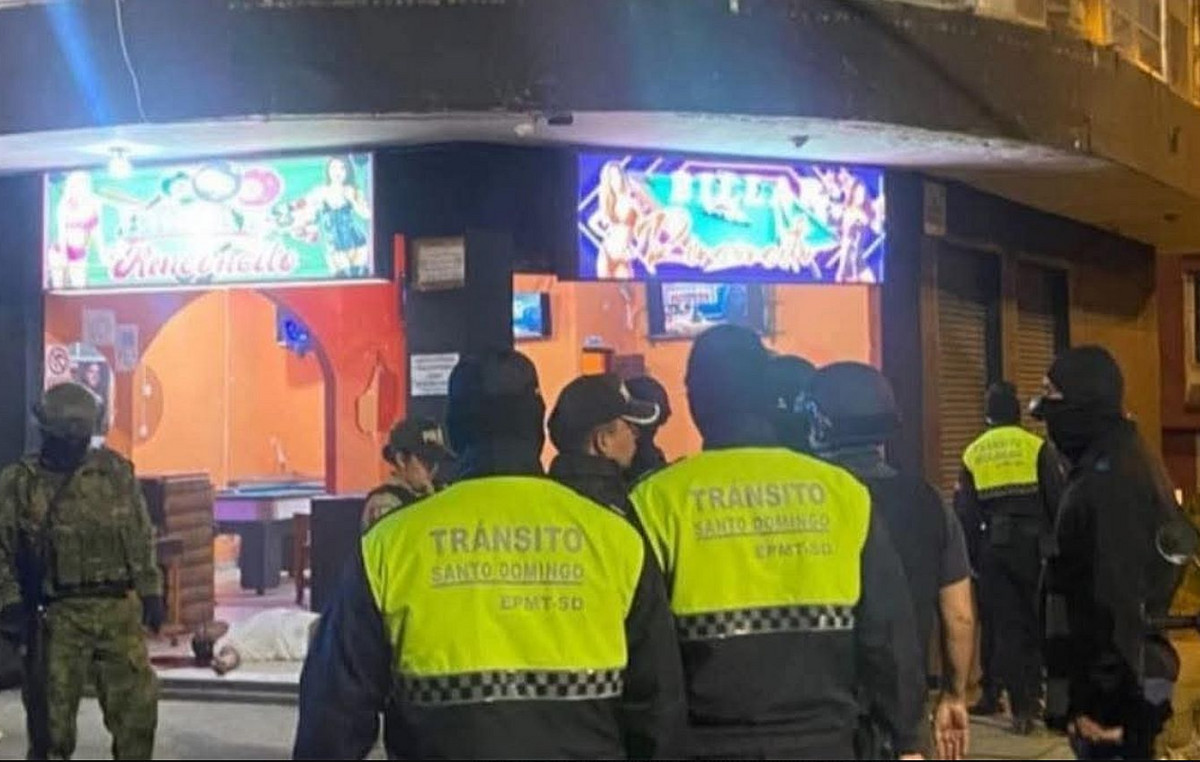“Look what I have done. Look at my diploma. Look who I am”. This is how Afghan refugees who have recently arrived in Brazil refer to their achievements and remember the merits of a life left behind.
This is told by Vanessa Pimenta, coordinator of the Transitional Residence in Guarulhos (SP), inaugurated in August of this year precisely to welcome and meet the demand of Afghan refugees who have come to Brazil.
“The house works as a backup to the Guarulhos airport, which has received many of them. Here is a place of stay, where they can stay for three weeks, going through medical care, Portuguese classes and updating documentation”, she explains.
In the two months that the Transitional Residence has been in operation, 104 people have already been there. At the moment, 30 occupy the house, which is at maximum capacity.
And this group represents just a small part of the 6,299 visas already granted to people coming from Afghanistan since the adoption of an inter-ministerial ordinance adopted by Brazil last year, according to Itamaraty.
In September 2021, Interministerial Ordinance 24/2021 authorized the temporary visa and residence permit for humanitarian reasons for Afghan nationals, stateless persons and people affected by the situation of violence in Afghanistan.
According to data from the UNHCR (UN refugee agency), between the beginning of September of last year and the beginning of the same month of this year, 5,846 humanitarian visas have already been authorized by this ordinance. And, according to the Federal Police, 2,240 Afghan people were allowed to enter Brazil.
who are these people
“Architects, engineers, university professors, high-ranking professionals with degrees. People who left everything behind in Afghanistan. Many of them because they were being threatened by the Taliban government”, says Vanessa Pimenta.
In the group currently housed in the Transitional Residence there are families with children – ten of them children –. People have an average age of 35 years, including three pregnant women. All are native speakers of English and Persian.
Most of the group left other family members in Afghanistan, such as siblings, parents and grandparents. And they arrived here with what fit in the suitcase. “Specific pots for cooking, household items and some clothes. Many need clothing donations”, emphasizes Vanessa.
After this period of reception, Afghans who pass through the Transitional Residence are referred to other shelters, where they can stay for six months or until they achieve autonomy.
They have received guidance from Caritas (a confederation of humanitarian organizations of the Catholic Church) to get a job, for example. “We have been following this closely because, unfortunately, many are still seen as a cheap workforce and may end up being exploited”, explains Vanessa.
According to a UNHCR survey, most Afghans arriving in Brazil are between 18 and 59 years old, 52% have a university degree and are arriving in family groups. From September of last year to August of this year, at least 383 families arrived here.
And the number has increased. The international airport of Guarulhos, in Greater São Paulo, has received many of them, who have been camped in the corridors of the airport.
The Outpost of Humanized Assistance to Migrants registers an average of 200 visits to people coming from Afghanistan per month.
The GRU Airport concessionaire informs that it monitors the action of the competent authorities for the reception of Afghan families arriving in Brazil. Currently, more than 120 Afghans are camped in Terminal 2 of the airport.
Why Afghans are Coming to Brazil
CNN international analyst Lourival Sant’Anna explains that this immigration is a sign of the population’s discontent with the Taliban government.
“Many of these people are on the run and do not want contact with Taliban officials. They don’t have a passport. The Taliban don’t want people to leave. This happened the first time they ruled the country and now again,” he explains.
“Today, it is difficult to obtain this visa because there is no Brazilian embassy in Afghanistan, but there is one in Pakistan. However, with the arrival of the Taliban to power, Pakistan started not to accept the entry of Afghans there if they were not leaving legally with a passport”, adds Lourival.
The Taliban took power again in Afghanistan last year, having ruled between 1996 and 2001 when the United States toppled the group shortly after the attack on the World Trade Center in New York and after the Afghans refused to hand over Osama. Bin Laden, leader of Al Qaeda at the time.
“They are a movement that emerged in the early 1990s. A movement composed mostly of illiterate people who repeat the Qur’anic verses without much knowledge. The Taliban has a radical vision and practices such as dominance over women: it prevents them from studying, from having a profession and they are also known for persecuting minorities, such as the Shiites,” adds Lourival.
what to expect from the future
Organs such as the Federal Public Ministry (MPF) have asked the federal government to explain the situation of Afghans camped at Guarulhos airport. The point is that, despite having humanitarian visas, due to financial or communication difficulties, many have no choice but to remain at the terminal.
The Secretary of Social Development of the State of São Paulo has been actively seeking vacancies in the municipalities for the emergency reception of new Afghan immigrants and refugees.
Meanwhile, those who managed to get a shelter, even if temporary, like the group that is in the Transitional Residence in Guarulhos, are still trying to live with the memories that made them leave everything behind.
“I don’t know which story touches my heart the most. They are many and sad. We have the case of a man who was arrested by the Taliban, posted his bail, was released but had an uncle killed because they thought it was him. Another came here but left his brother at risk because they want him in exchange for his death”, says Vanessa.
In addition to the stories, she says that there is still some cultural resistance, such as being in a place where a woman is in charge.
“Some get a shock. But we will explain the differences. We are also asking for patience because they are anxious about what will happen in the future”, says Vanessa that she believes in hope when she looks at the ten children in the group. “They are always playing, happy in a group and ready to start over.”
Source: CNN Brasil

2.jpg)





